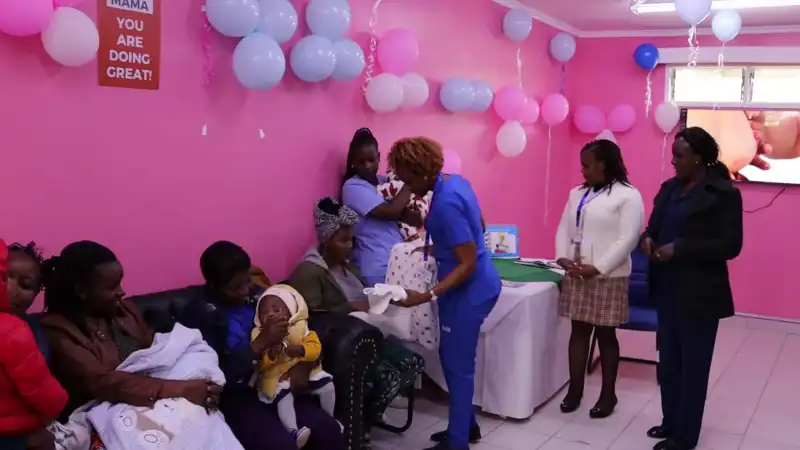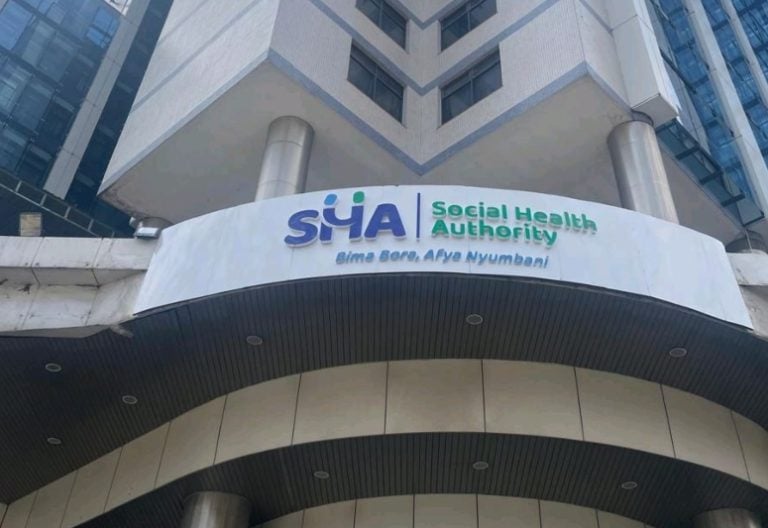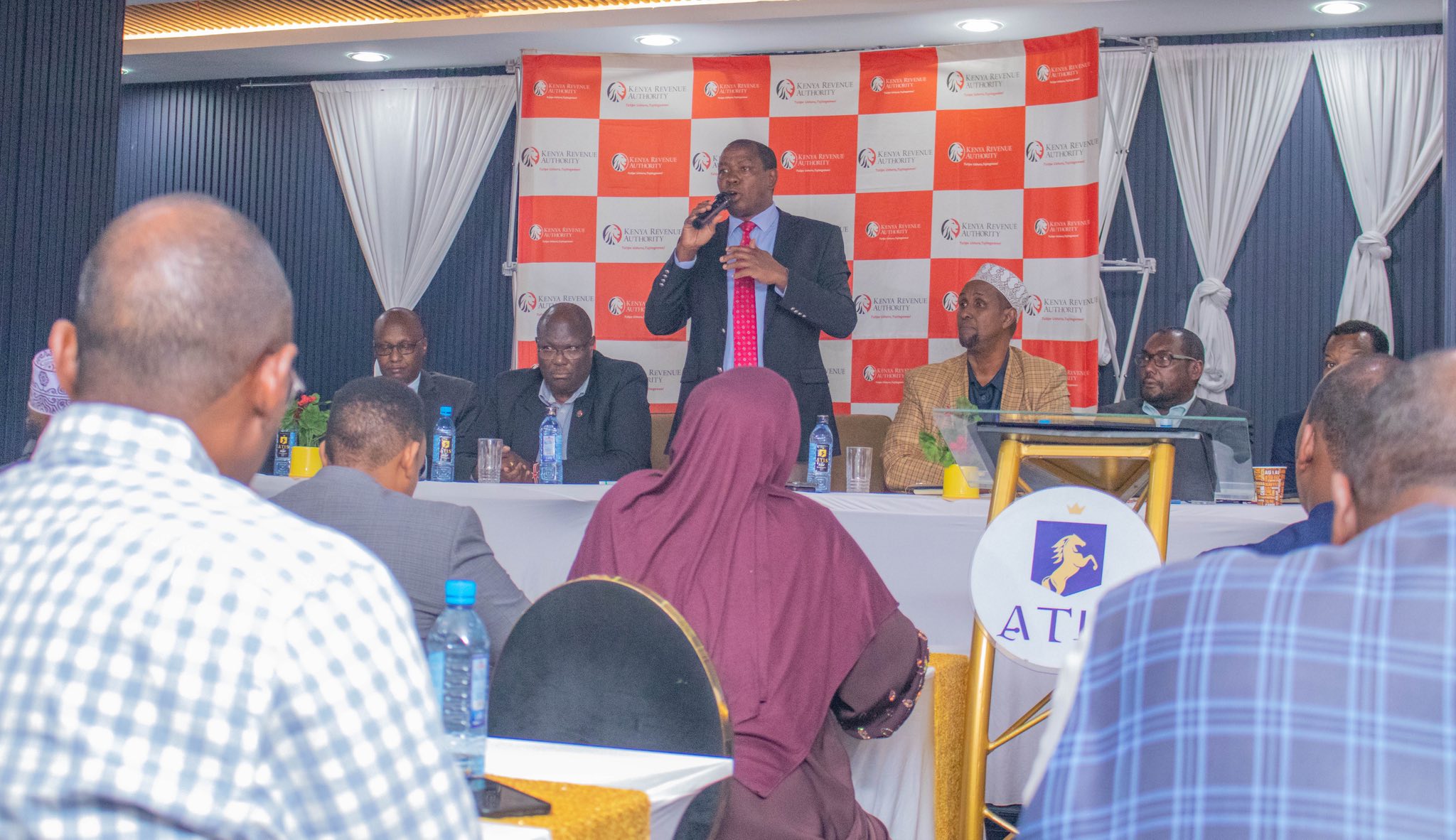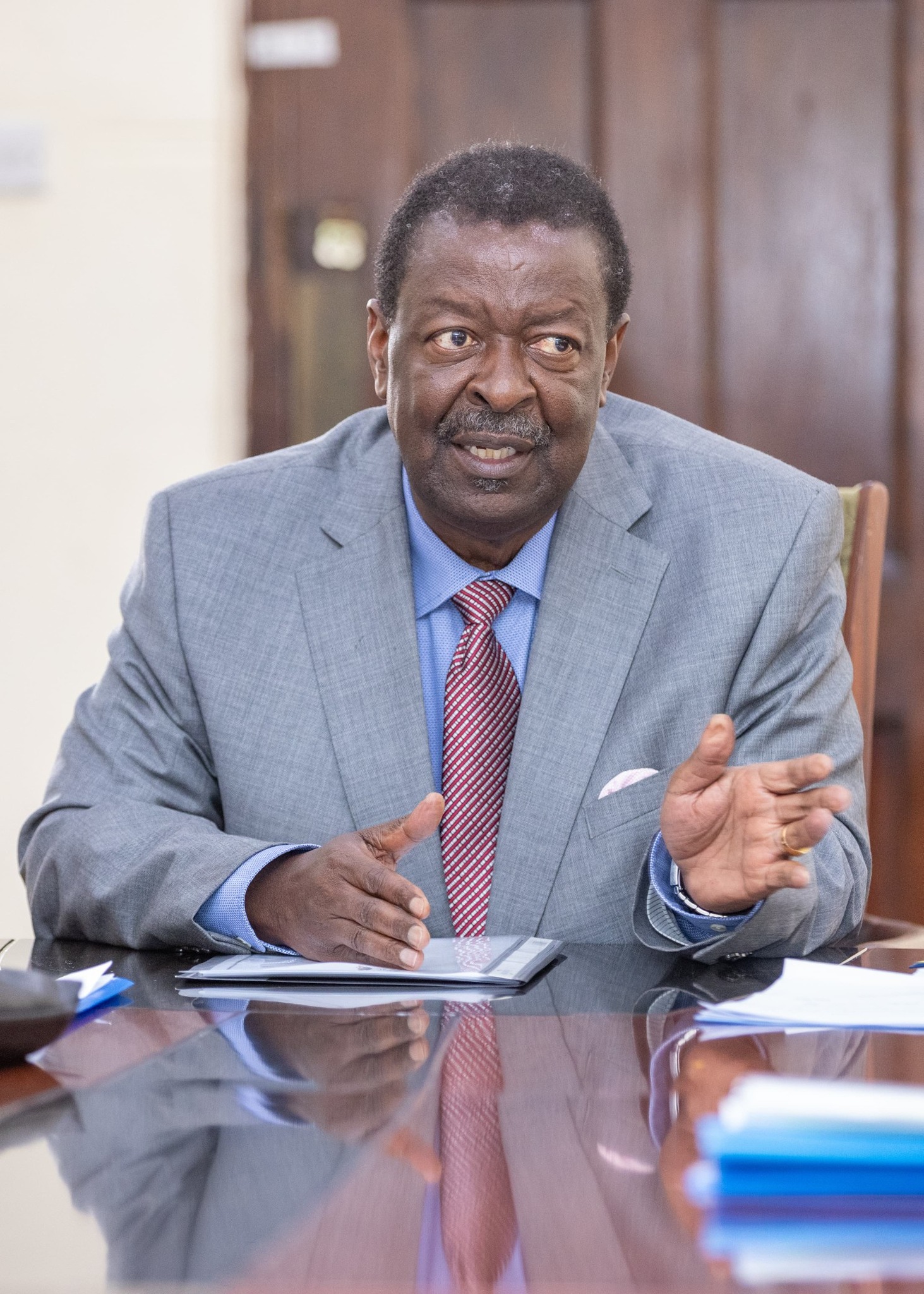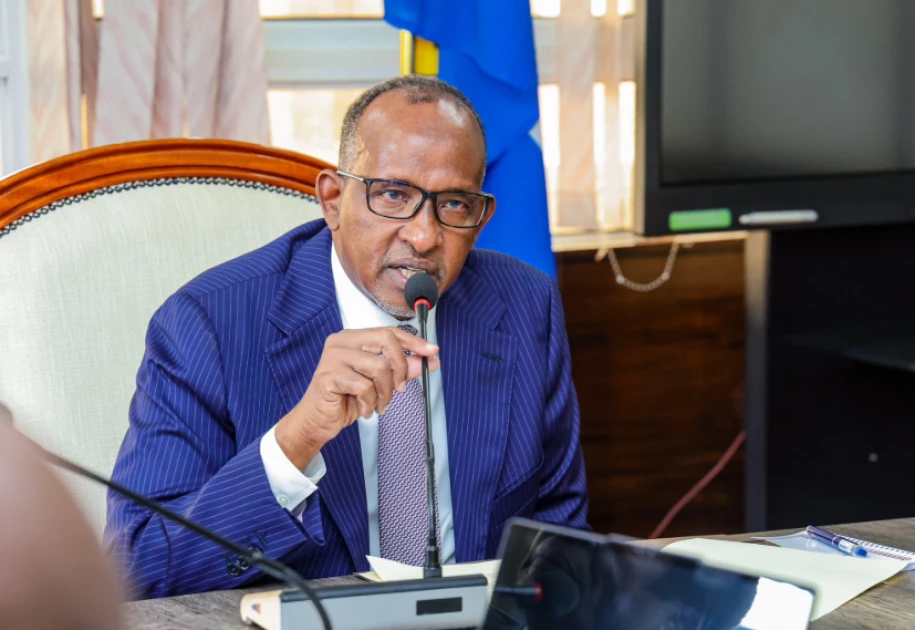Kenya is calling for new strong support systems for breastfeeding mothers
With World Breastfeeding Week (WBW) 2025 coming to an end, Kenya has again shown its commitment to ensure that breastfeeding is considered a public health priority and effective measures are taken
PS Mary Muthoni (Public Health & Professional Standards) commends efforts to support breastfeeding through the establishment of lactation rooms in workplaces
Posted by The Ministry of Health on Thursday, August 7, 2025
With World Breastfeeding Week (WBW) 2025 coming to an end, Kenya has again shown its commitment to ensure that breastfeeding is considered a public health priority and effective measures are taken to fight malnutrition in a sustainable and inclusive way.
This years theme, “Give Priority to Breastfeeding – Create Sustainable Support Systems,” placed great emphasis on the importance of solidarity and cooperation in the entire community— from family level to national and county policies.
This weeks national celebrations were officially held on August 5 at Rongo University, Migori county, where various stakeholders gathered, including representatives of central and county governments, universities, civil society organizations, and development partners.
In that event, the need to develop breastfeeding, improve nutrition, and integrate water, hygiene and health systems (WASH) was emphasized to strengthen the health of mothers and children.The Secretary General of Public Health and Professional Standards, Mary Muthoni, explained that breastfeeding is more than a personal choice.He said it is a national responsibility with broad health, economic and social benefits.
“Breastfeeding is not just a personal choice. It is a national priority with long-term benefits. We have to build systems that protect, support, and develop breastfeeding — at home, at work, and in public places,” said.
In addition, he called on various sectors, such as workplaces, health centers, educational institutions, and the community to invest in support systems, noting that the burden of education should not be borne by mothers alone.
The very first Nutri-WASH conference was held August 6-7 at the University of Rongo, being one of the most unique things that sparked a national debate.This event was attended by Migori Governor, Dr. Grace Ochillo, along with the wives of governors from Marsabit, Bungoma, and Bomet counties.
Participants included experts, policy makers, researchers, and health workers who came to investigate how nutrition and hygiene systems can work together to reduce malnutrition.The debate noted that access to clean water, food hygiene education, and good hygiene habits are an important basis for achieving breastfeeding and better development of children.
Dr. Ochillo emphasized that the issue of nutrition must be looked at as a human right and also as a political agenda.“Malnutrition is not a peripheral matter, it is a political issue and human rights. Its about respect, dignity and the future of our children,” said.He also mentioned the success of Migori county in reducing the rate of stunting from 28% to 15% through community-led efforts.
A health official added that there is a misconception in some communities where eating well is seen as a luxury, saying: “We should continue to encourage citizens that good nutrition is fundamental, not pride.”The wife of the Governor of Marsabit, Alamitu Jattani, explained that the roots of malnutrition in the area are ignorance, wrong traditions, and economic activities that prevent residents from getting nutritious food.
He emphasized that it is important to convey the message of nutrition in a simple way so that communities can understand and take action. In order to have a healthy community.


